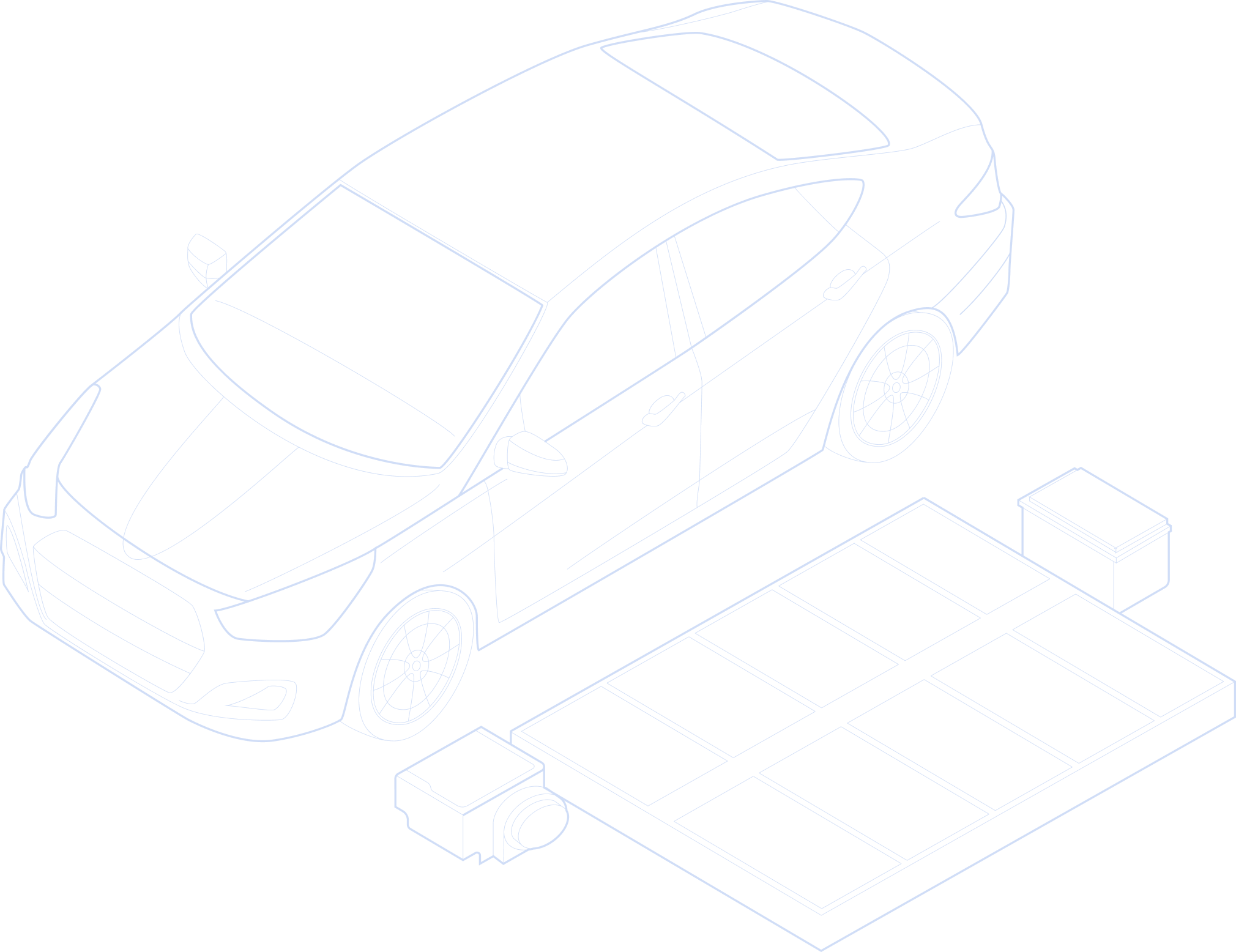

Battery Recycling Capacity Database
This database is an essential tool for tracking the global battery recycling capacity market size, as well as by region, country, and battery recycler. It also provides information on battery recycling input and output, identifying companies with pre- and/or post-treatment capabilities. Our report helps you understand the major players and the latest new entrants and joint ventures that may impact your strategic and commercial decisions.
Request demoPDF & Excel
Released monthly
Customisable
Analyst access

Interested in a sample report?
Register your interest and we’ll contact you shortly to provide sample materials and arrange a demo.
What’s covered?
Rho Motion collects data on existing battery recycling plants and new expansions across regions in order to inform our analysis for our various reports. We track battery recycling plants with an annual capacity of at least 500 tonnes of recycling input, including:
- Battery recycling capacity by plant location to 2030
- Plant annual capacity for the current month, 2025 and 2030
- Recycling input suppliers and clients
- Recycling input type including end-of-life batteries from EVs, ESS, portables, 2 & 3-Wheelers, and Gigafactory production scrap
Why subscribe?
The database serves as a useful tool for understanding battery recycling capacity growth at global, regional, country, and city levels, encompassing a comprehensive overview of individual plants, including capacities, recycling input, refining technology, final products, and supply flows.
Whether you require the information on individual plants or a broader perspective on city, regional, or global dynamics, this database supports both existing players and new entrants in making informed commercial decisions.
PDF and supporting Excel workbook
Investment will vary depending on report and usage configuration.
Rho Motion’s Battery Recycling Capacity Database is updated on an ongoing basis through both primary and desk research, tracking existing and new plants across regions including their recycling input and output.


